Overview:
This recovery curriculum deals with physical activity and in giving students the coping strategies they need for dealing with a very different world to the one we knew earlier this year. A catch-up curriculum, on the other hand, is focused on closing the academic gaps resulting from months away from formal schooling.
- Find out about the importance of personal development for students who have had a prolonged absence from school
- Find out about all aspects of mental and physical well-being
- Includes a six-week recovery programme
Learn about:
- Explore the social and emotional effects of the pandemic on students
- Learn about the latest research around trauma and recovery
- Develop a trauma toolkit
- Find out about Building Resilience
- Explore character virtues.
Why this course is relevant or important:
Although both the recovery curriculum and catch-up curriculum are important, cognitive load theory tells us that if students are struggling to process a new normal, it is going to be too difficult to learn academic content. Therefore, the recovery curriculum is vital for a safe and successful return to school.
To offer you complete flexibility we have made this course fully online. Through a series of 2 videos, Lesley takes you through the latest research and offers practical guidance on returning to school; you can then download the 6-week curriculum and the many resources to support it- all from the comfort of your home or school office.
Take away:
- Receive a six-week, fully resourced recovery curriculum for Years 1-6.
Individual & Group Access
The prices above are the total amount you will pay for your group plus VAT.
Just select Pay by Invoice and enter the required information.
You have 30 days to pay your invoice.
If your selected date to access the course is prior to 30 days we will still grant you access to the course and your invoice is payable in line with our Terms and Conditions.
If you have selected 1-5 delegates, for example, but you only enter the details of 2 of the delegates now, you will have the option to add additional delegates via your CQE account up until 48 hours prior to your requested course start date.
Pay by Invoice





